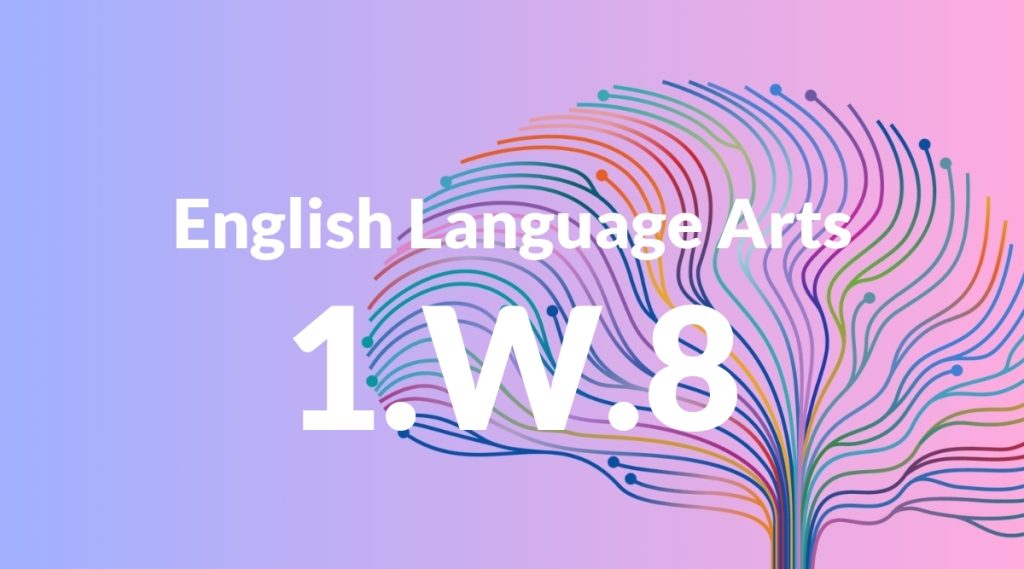Standard: 1.W.8 – With guidance and support from adults, recall information from experiences or gather information from provided sources to answer a question.
Grade level: Grade 1
Subject: English Language Arts
Domain: Writing
Teacher Overview
This standard emphasizes the importance of students learning to recall information from their own experiences and gather information from provided sources to answer questions. It is crucial as it lays the foundation for research skills and critical thinking, which are essential for academic success in later grades. Students should have basic listening and speaking skills, be familiar with asking and answering simple questions, and be comfortable with basic writing tasks such as writing simple sentences.
After mastering this standard, students will be able to independently gather and organize information from multiple sources, enhancing their research skills and critical thinking. They will also improve their ability to write informative texts based on collected data.
Common Misconception 1
A common misconception is that students need to remember every detail perfectly. This is incorrect because the focus should be on recalling key details that are relevant to the question or task at hand.
Intervention 1
To address this misconception, teachers can encourage students to focus on key details and use visual aids like drawings or charts to help recall important information.
Common Misconception 2
Another misconception is that students may believe they can only gather information from books. This limits their understanding of the diverse sources of information available.
Intervention 2
Teachers can show students that information can come from various sources, including conversations, observations, and digital media, to broaden their perspective on information gathering.
Prerequisite Knowledge
Students should have basic listening and speaking skills, and be familiar with asking and answering simple questions. They should also be comfortable with basic writing tasks such as writing simple sentences.
Subsequent Knowledge
Students will develop the ability to independently gather and organize information from multiple sources, enhancing their research skills and critical thinking. They will also improve their ability to write informative texts based on collected data.
Instructional Activities
- Have students recall and write about a recent class activity.
- Use a picture book to answer questions about the story.
- Conduct a class interview where students ask each other about their weekend and write a summary.
- Analyze a weather chart and write a description of the day’s weather.
- Listen to a story and draw a picture about it, then write a sentence describing the picture.




